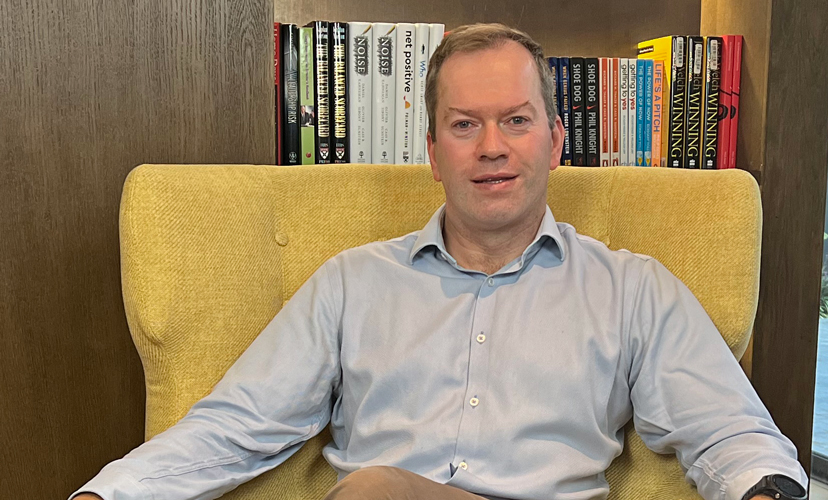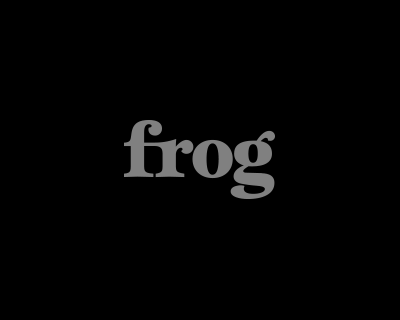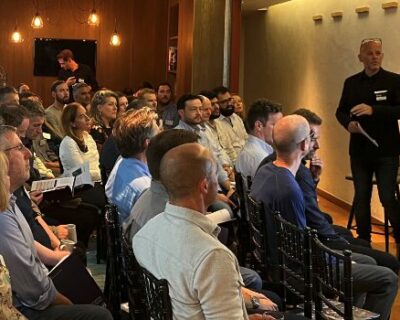When one of the most successful venture investors ever pens a book describing his secret sauce, my interest is piqued. And when I read the title of John Doerr’s “Measure What Matters” it couldn’t have spoken anymore to the geeky physicist in me. So, with such high expectations, I feared the book could only disappoint.
Far from it, though, it actually put a lot of context around a subject matter that has been increasingly on my radar screen. OKR’s – or Objectives and Key Results – have become more and more popular in entrepreneurial circles in general and Frog portfolio companies in particular.
First, however, Doerr does a great job describing the origins of OKR’s, as conceived by the late Andy Grove of Intel, where Doerr earned his first spurs in business. Grove already knew that for OKR’s to be successful, one element was indispensable: they had to be measurable. It’s this measurability that makes OKR’s transparent, which in turn allows a company to harness the input from the wider organisation on how to achieve the Objectives.
Later Doerr describes many learnings he has had over the years in implementing and applying the OKR management tool, culminating in one company itself taking it to another level: Google. The company managed to overcome the under-promise / over-deliver problem that means teams never stretch for the less likely goal: it devised committed and aspirational OKR’s, where different completion signal success. The full Google OKR playbook is available here and forms a fantastic starting point for implementing OKR’s.
By publishing his wealth of insights on how to establish and run OKR systems, Doerr has penned a classic, at least in my view. I certainly recommend it to every scale-up CEO.











